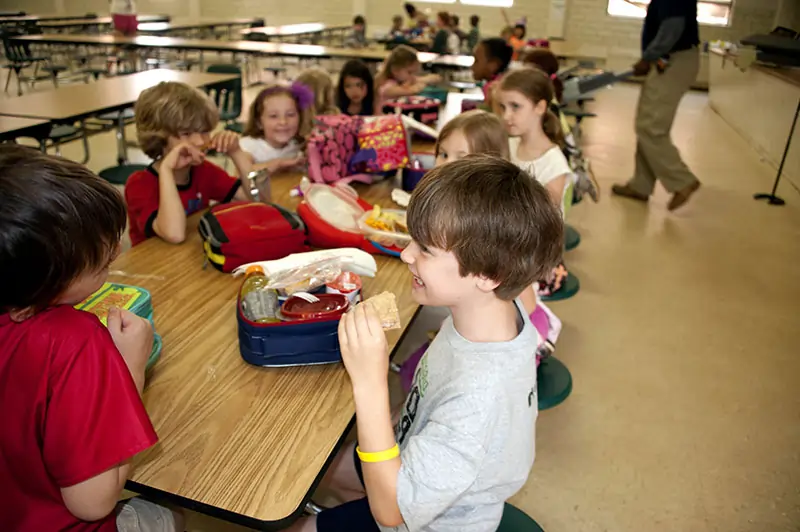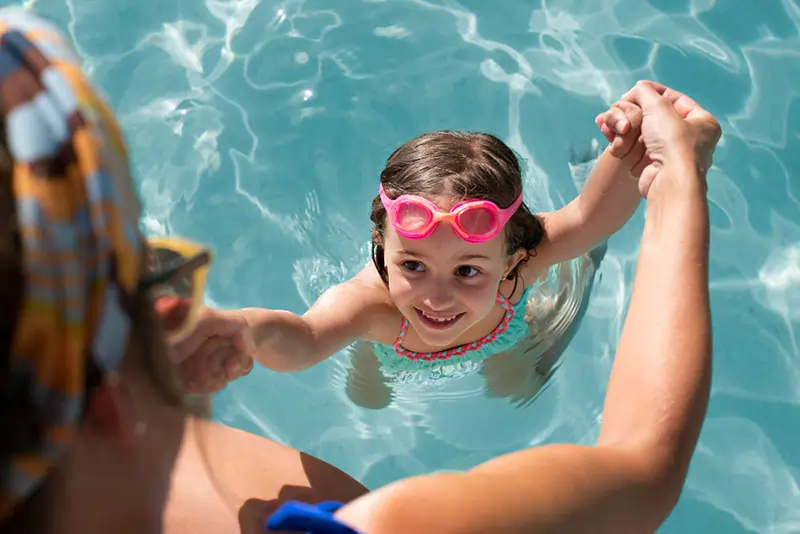How Kindergarten Shapes Social Development
- Kindergarten is the period when children develop social relations, establish friendships, develop the ability to communicate, and learn about cooperation and empathy.
- Social skills are developed through games of play, projects involving groups, and role-playing.
- It is here that conflict resolution and problem-solving are taught in guided interactions by teachers who model behaviors.
- Parental involvement and communication with teachers allow social skills development to take place both at home and at school.

Social development in the early years of a child’s life is the cornerstone for success and well-being throughout his or her life. Kindergarten is at the pivot, shaping the child’s social skills in regards to relationship, understanding of emotions, and living socially. This blog tries to explore how Kindergarten nurtures social development through various activities and interactions, providing the basis for lifelong social competence.
Building Friendships
One of the most critical features of the Kindergarten experience is friendship formation. Children will learn how to make friends, understand the dynamics of keeping them, and the importance of playing to establish relationships.
Learning to Make and Keep Friends:
- Kindergarten provides an environment, in order, where children may get to know peers and practice social interchange with them.
- Teachers give lessons that help kids understand some basic features of friendship, such as introduction into oneself, curiosity towards people around him or her, and courtesy.
Importance of Play in Friendship Development:
- Play allows children naturally to become acquainted with others.
- Children learn to share, take turns, and cooperate-skills necessary in maintaining close friendships-through play.
Developing Communication Skills
Socializing requires communication. Kindergarten teaches children to express themselves and understand others clearly.
Expressing Thoughts and Feelings:
- Children learn to express their needs and feelings through games and different class activities.
- Teachers motivate children to use language instead of actions to communicate with each other, which develops their verbal skills.
Listening and Understanding Others:
- Listening is the prime ingredient of communication. Kindergarten teaches your child to listen when someone is speaking .
- Circle time and similar activities teach a child to listen to his peer or teacher and respond accordingly.
Learning Cooperation and Teamwork
This is an important skill to learn and one which Kindergarten will help develop. In groups together, following certain activities or tasks, children get to learn the good value of teamwork.
Participating in Group Activities:
- Group projects and activities teach children about how to work together to achieve one common goal.
- Such experiences will help the children understand the different roles in a team and the importance of every contribution.
Sharing and Taking Turns:
- Sharing resources and taking turns are part of classroom life.
- They provide chances for children to use these skills and reinforce the practices through reinforcement.
Understanding and Managing Emotions
Emotional intelligence is a crucial component of social development. Kindergarten provides a supportive environment for children to recognize, name, and manage their emotions.
Recognizing and Naming Emotions:
- They help the child learn to identify how they may be feeling at a particular time and give them the appropriate names: happy, sad, angry, scared.
- The skill of recognizing feelings comes before dealing with feelings.
Developing Empathy and Emotional Regulation:
- Children learn to recognize others’ feelings and respond appropriately; this allows them to develop empathy.
- Role-playing and storytelling activities help children in the process of emotional modulation and developing coping strategies.
Problem-Solving and Conflict Resolution
Conflicts do occur in day-to-day interactions. Kindergarten teaches students how to resolve disagreements and arrive at a solution in a civilized manner.
Handling Disagreements and Finding Solutions:
- With the teacher’s guidance, the conflict resolution steps involve discussion of the problem, viewing the problem from different perspectives, and consensus on a solution.
- Use of words encourages the children to solve problems peacefully.
Role of Teachers and Parents in Guiding Conflict Resolution:
- The teachers model conflict resolution strategies and provide reinforcement when necessary
- Parents can reinforce this at home through discussions with their child and practice of problem-solving.
Building Confidence and Independence
Kindergarten builds self-confidence and independence in children, which is very essential for the social development and growth of the child in general.
Encouraging Self-Reliance and Decision-Making:
- Providing children with choices and giving them some amount of responsibility.
- Self-reliance gives them confidence and develops the habit of thinking independently.
Celebrating Achievements and Learning from Mistakes:
- Success would encourage self-esteem through positive reinforcement.
- Mistakes should be looked at as a learning process to help children overcome failures and grow with a growth mindset.
Parental Involvement
Parents are in the key role to help their children further develop in social aspects. It is in school where regular contact and communication with teachers enhance the Kindergarten year for the child.
Supporting Social Development at Home:
- Encourage playing dates with friends and family activities.
- Discuss School experiences and reinforce the social skills learned in Kindergarten.
Communicating with Teachers and Staying Engaged:
- Regular communication with teachers informs them about the child’s social development.
- Attend school events and volunteer opportunities that help you stay connected to the school community.
Conclusion
Kindergarten is that important period in which children learn to make friends, develop their language skills, learn to cooperate, and handle their feelings. In this way, it lays the very foundation for future social success and personal development. This development can be assisted by parents through active participation and reinforcement of such skills at home. By doing this, both teachers and parents will be in a position where they can help a child feel confident and competent in his or her social environment.
Related reading: English Lessons for Kindergarten


